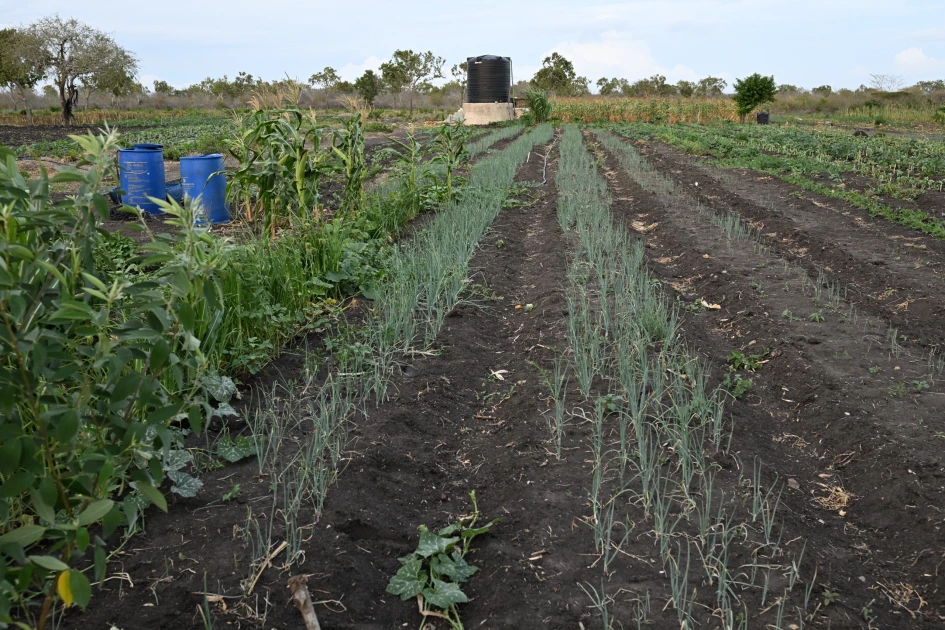Kinango and Lungalunga turn green as devolution spurs agricultural growth

null
For decades, over 100,000 residents in these sub-counties lived in constant fear of hunger due to harsh climatic conditions that rendered agriculture nearly impossible.
Every year, families relied on food aid from the government and various donors to survive.
That reality is now changing.
Since the onset of devolution, Kwale County has prioritized sustainable agriculture in its dry zones, spearheading a bold initiative that has seen 250 acres of land placed under drip irrigation.
More than 4,000 farmers have been incorporated into this program through a partnership between the County Government of Kwale and the National Agricultural Value Chain Development Project (NAVCDP).

In just the past two years, over 25 dams have been constructed across the region, providing a reliable water supply to formerly drought-stricken communities. Dams in areas such as Nyalani (Puma Ward), Kizingo (Macknon Road Ward), Bofu and Chikwakwani (Kasemeni Ward), Mwena and Mwakalanga (Mwereni Ward), Nuru (Puma Ward), Mtaa (Mwavumbo Ward), Mwaluvuno (Ndavaya Ward), and Shauri Moyo (Samburu-Chengoni Ward) are already revitalizing the local agricultural sector.
Governor Fatuma Achani, who has been at the forefront of this transformation, reaffirmed her administration’s commitment to combating food insecurity in the region.
“We have already launched the war against food insecurity in these arid regions. The dams we’ve constructed will promote agribusiness and end the cycle of food scarcity,” said Governor Achani.
Farmers on the ground are already seeing the benefits.
Esther Uchi, a member of the Chikuyu Irrigation Group in Kasemeni Ward, recalls the hardship of life before the project.

“In the past, we had to travel as far as Mariakani or Mazeras just to get vegetables. Many people relied on charcoal burning and food relief to survive,” she said.
Today, Esther and her fellow farmers are cultivating crops such as spinach and eggplant—not just for household use, but also for commercial sale.
“Since we got this water project, we now grow enough food for our families and to sell. Things have really changed,” she added.
As sufficient water flows into once-parched lands, Kinango and Lungalunga are steadily evolving into thriving agricultural zones—proof that strategic leadership and local empowerment through devolution can turn even the most challenging environments into centers of prosperity.
Want to send us a story? SMS to 25170 or WhatsApp 0743570000 or Submit on Citizen Digital or email wananchi@royalmedia.co.ke
Comments
No comments yet.


Leave a Comment